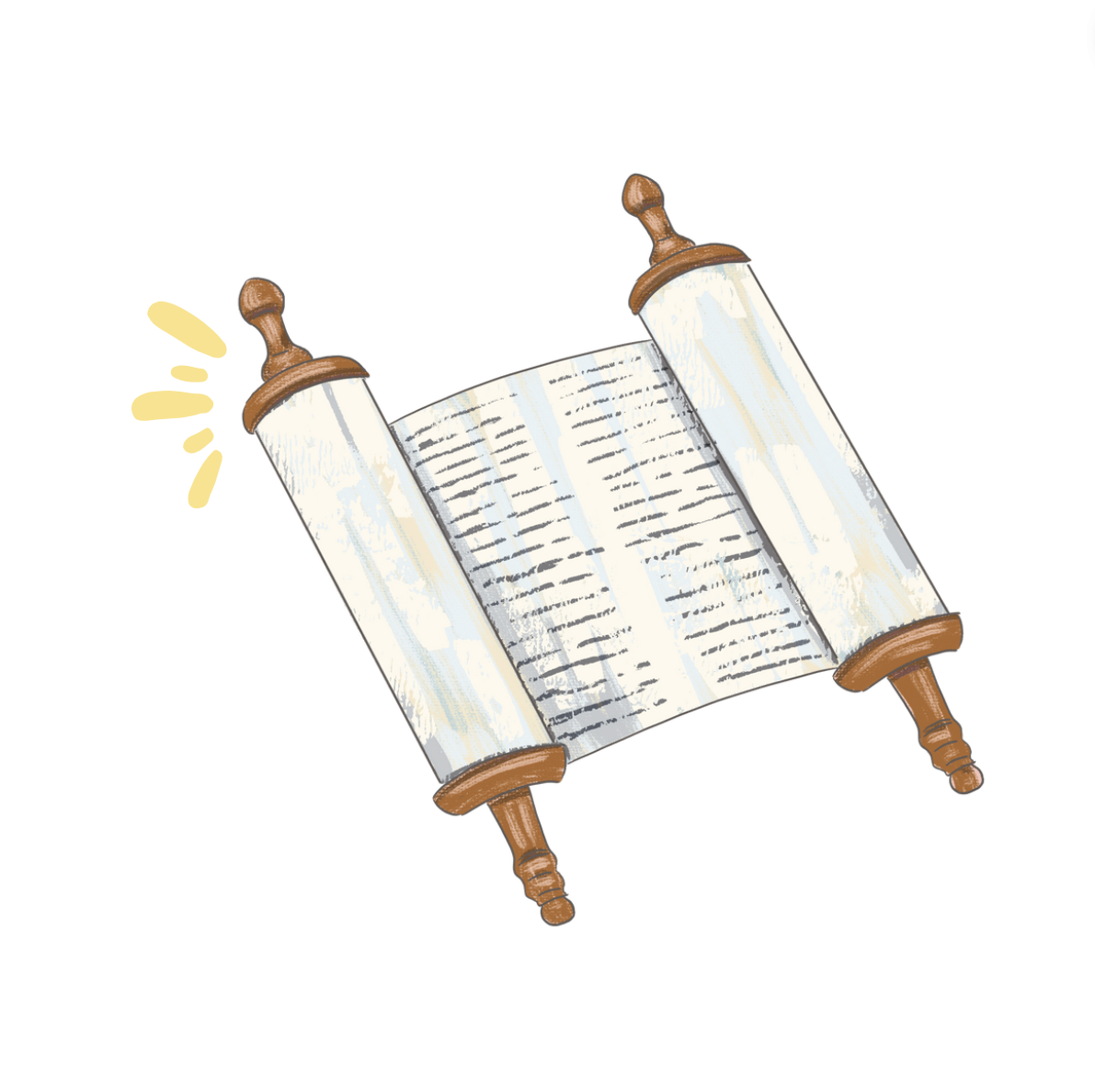Tonight, as the sun sets, we welcome both Shabbat and Rosh Hashanah, the New Year of 5784.
As I shared last week, the Hebrew month of Elul, which precedes Rosh Hashanah, is a time for spiritual reflection and preparation. The ancient Rabbis loved finding special meaning in biblical words and phrases, and they discovered that a verse in Song of Songs, a biblical book of love poetry, is an acronym for Elul (spelled אלול in Hebrew):
אני לדודי ודודי לי
I am my beloved’s, and my beloved is mine (Song of Songs 6:3).
It’s no accident that the Rabbis highlighted Divine love at the beginning of this sacred season. During the High Holy Days, we focus on our shortcomings and on God’s judgment. So much of our liturgy claims that we have sinned, and that God has noticed. But the Rabbis also wanted us to remember that God is ready and excited to reconnect with us, and ultimately to forgive us, at this time of year. Though the High Holy Days are a time for repentance, they are also a time for renewed affection between God and the Jewish people.
The Alter Rebbe (founder of the Chabad movement, 1745-1812) emphasizes the experience of God’s closeness during the month of Elul. He taught that for the rest of the year, God lives in a palace, high above the earth, accessible to humans only when we go through the appropriate channels. But during Elul, God leaves the palace and greets everyone in the fields. At this time of year, God is more readily available to connect as we embark on our process of teshuva (repentance), t’filah (prayer), and tzedakah (righteous action).
Tonight, the month of Elul comes to a close. We wrap up our preparation as we greet the new year, ready for renewed connection to our truest selves, to each other, and perhaps even to the Divine. I am excited to begin this journey together.

